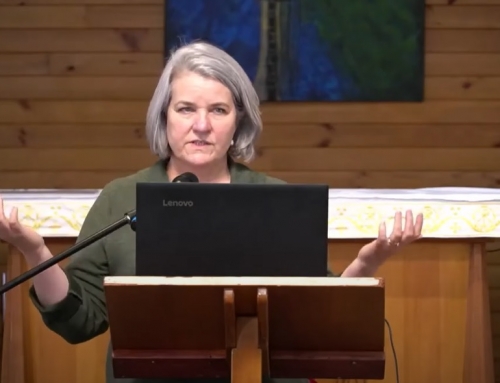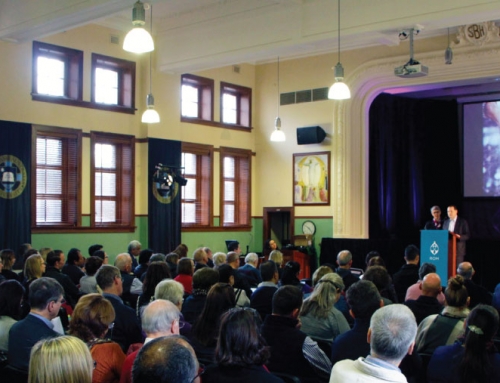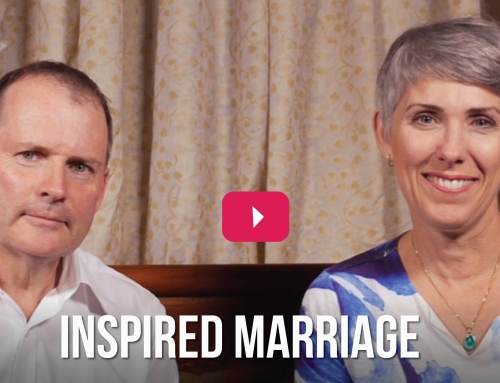The Church commonly recognises FOUR stages of marriage formation:
Remote (childhood), Proximate (youth), Immediate (engagement), and Enrichment (marriage).
In this extract from their presentation at the Renaissance of Marriage Conference 2016, Byron & Francine Pirola explore the missing fifth stage: Empowerment.
In our traditional thinking of marriage formation in the church we most often talk about four stages, remote, proximate and immediate formation before marriage and enrichment after. We have a sophisticated understanding that marriage formation starts from the day we are born and moves through a number of phases and we have, through our schools and marriage preparation programs built resources to support this.
We Catholics are the only organisation of scale to require formal marriage preparation and have done so for decades.
The fourth stage, enrichment, recognises that marriage formation does not stop on the wedding day. In fact, most marriage formation occurs in our marriages. We have been married together longer than either of us lived before marriage. Needless to say, the formation journey we have been on as a couple in our 28 years leaves the few of years of dating and the one-weekend marriage prep course in the dust. Yes, we benefited from the twenty or so years of remote and some years of proximate and immediate formation but that is only a fraction compared to our 28 years of intense formation while married.
We don’t do this fourth stage too well. We would argue that no more than two thousand of the 2 million Catholic married adults in Australia will attend some form of marriage formation this year. That’s less than 0.1%. We believe the numbers would be even less for non-Catholics. If we serviced our cars at this rate we would be walking everywhere!
But our proposition today is that we need to go further than just enrichment. We need to recognise and develop a fifth stage: what we call empowerment.
Empowerment takes couples from being merely focused on their immediate family to being about the redemption of the entire community. It takes us from being a good, solid loving couple, to being an intentional and active agent, aware of our prophetic calling to not just be members of the church, but leaders of it. It takes us from being merely married, to being ‘matrimonied’ – fully conscious and committed to living out our life in radical testimony to the reality of God’s living presence.
Matrimonied couples see their marriage not as a private relationship but as a public one. They wilfully love each other not just because the feel like it or they are honouring their vows to each other – but also because they realise they have a public commitment to their community to be a loving presence of Christ through their marriage.
Matrimonied couples bring to the Church a unique perspective to the many challenges we face as a community and as an organisation. Matrimonied couples provide for the theologians and bishops distinct and powerful insights into the ways to approach some of the trickiest questions we as a community are facing today. Questions like the worthy reception of communion often discussed in the context of the divorced and remarried, to questions like healing sexual brokenness, through to whether the priest should say mass ‘ad orientum’.
It is only through a deliberate and conscious process of empowerment will we as Church develop this prophetic role of Matrimony. And it’s never been more necessary.





